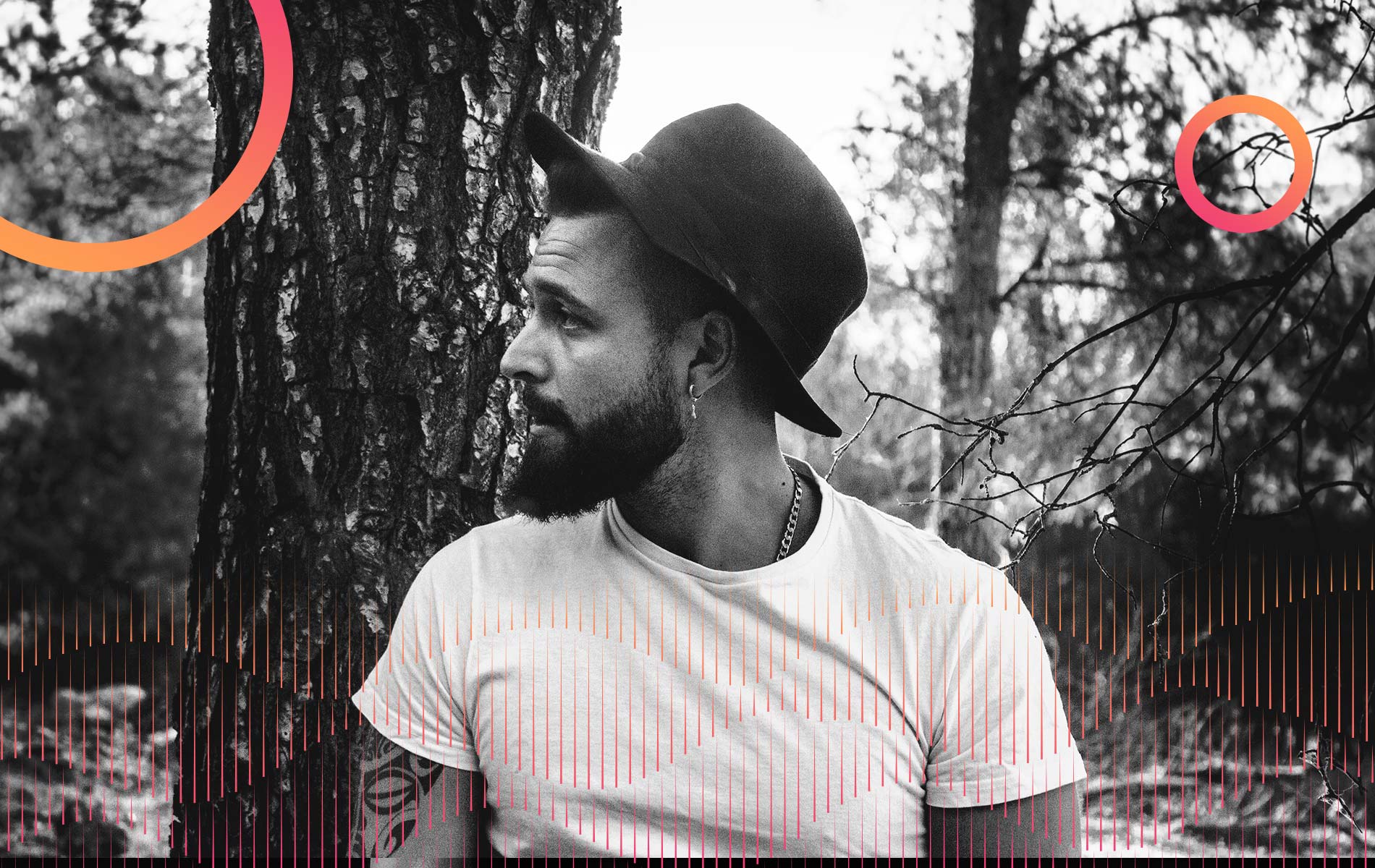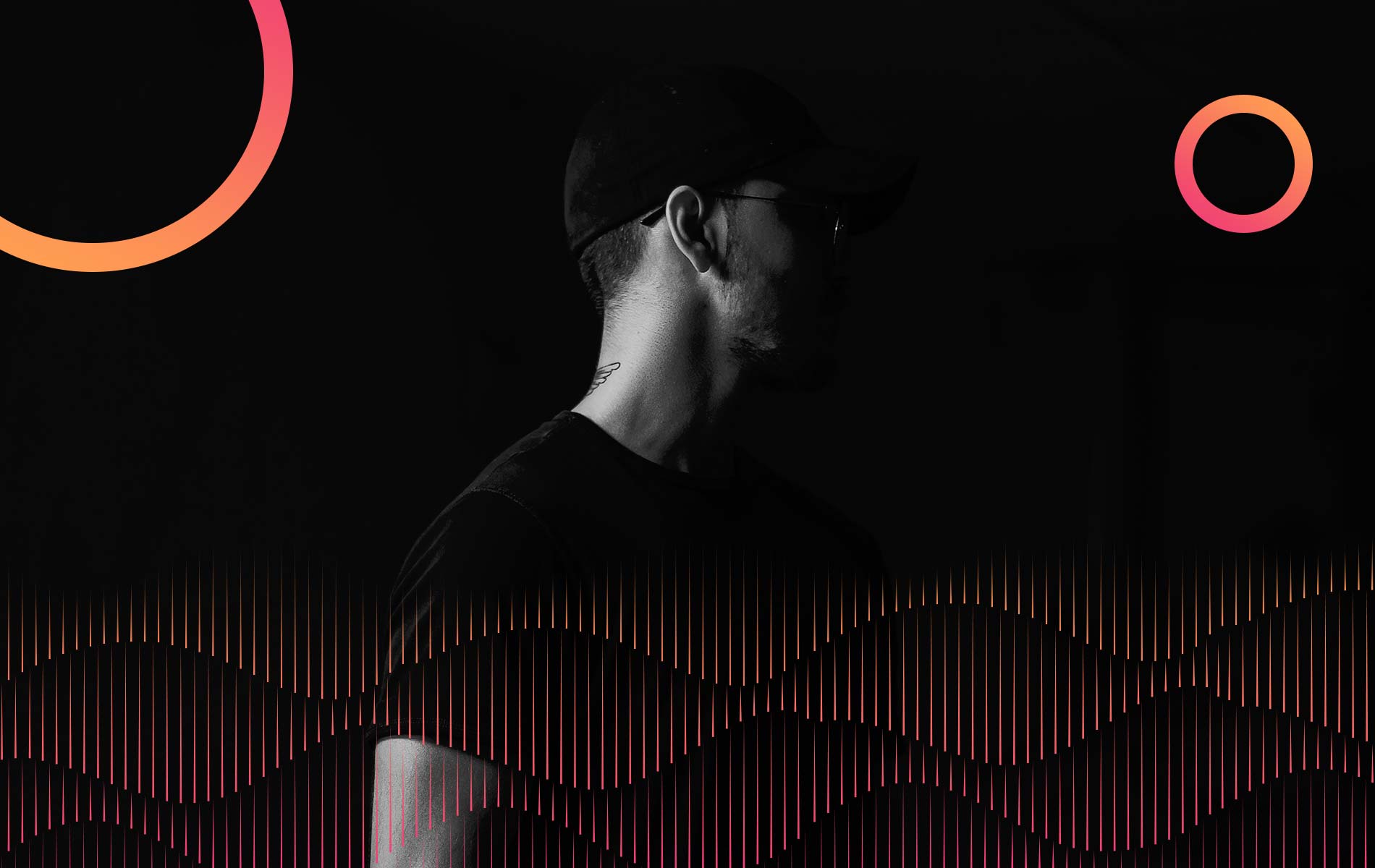Listeners:
Top listeners:
-
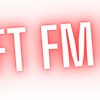 play_arrow
play_arrow
Electromusic FM RADIO ONLINE 24/7
-
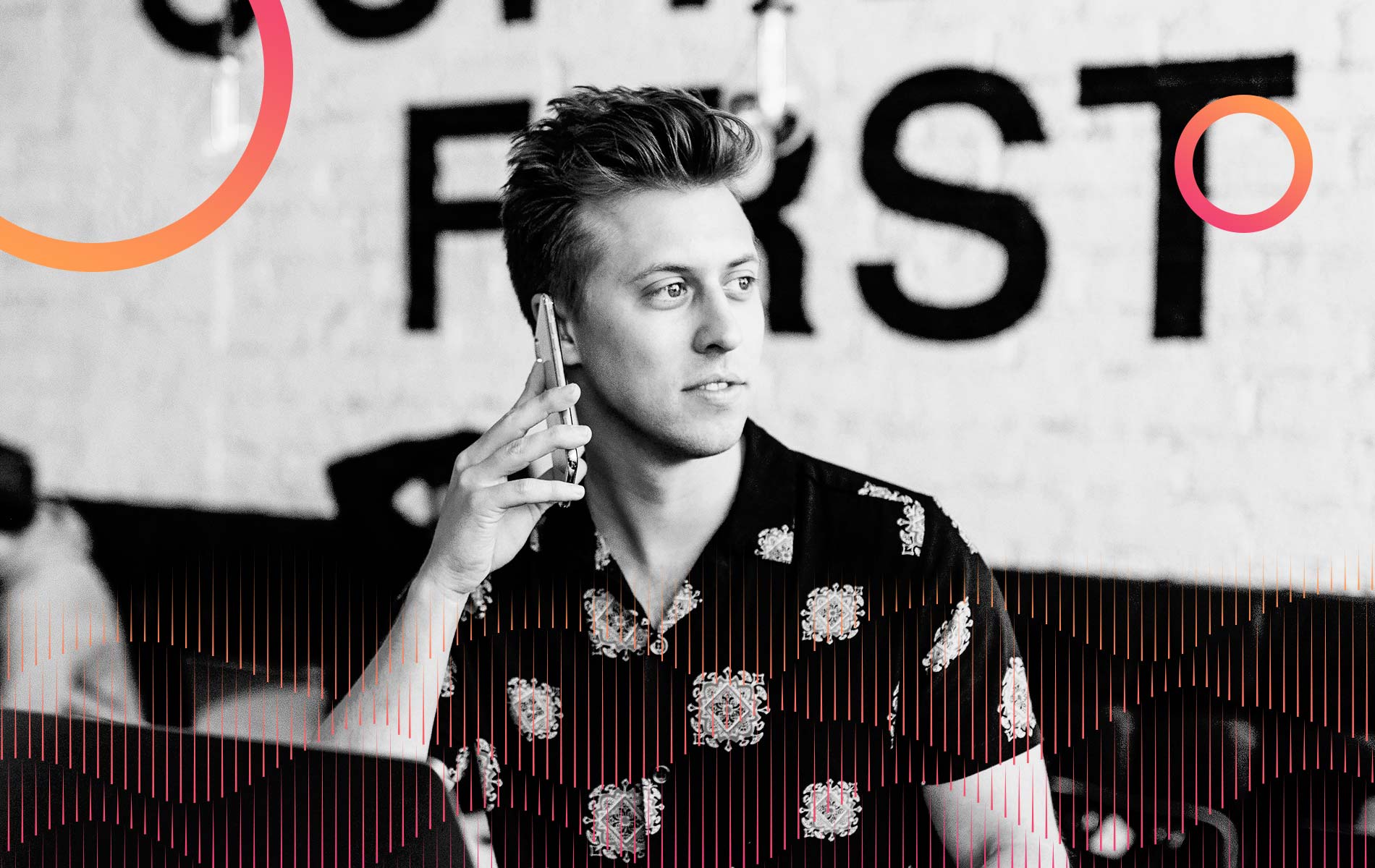 play_arrow
play_arrow
London Calling Podcast Yana Bolder
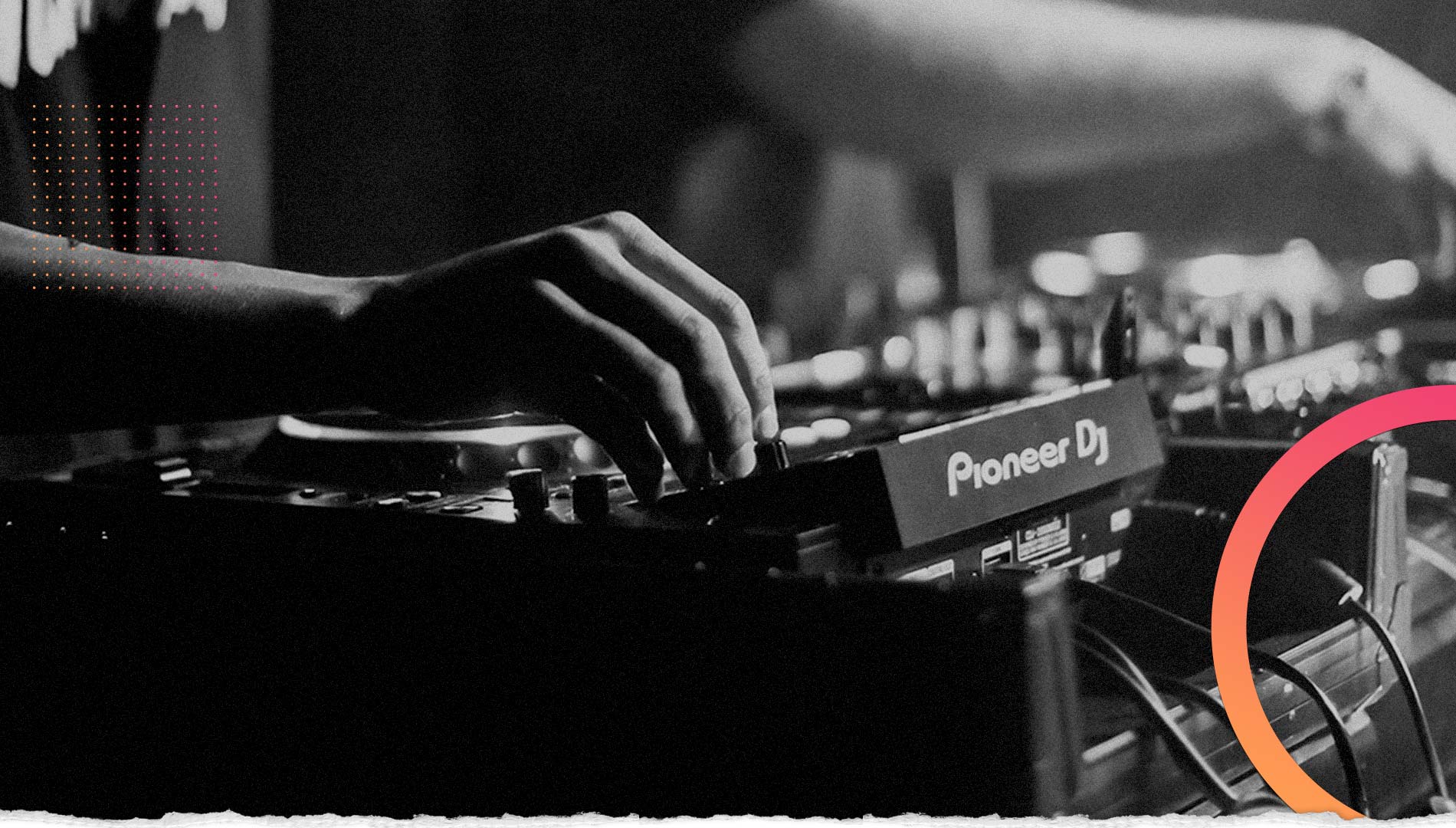
If you’ve just come back from Splendour In The Grass, then you’ve had a chance to witness some of the best live acts that the world has to offer in full flight. Whether you’ve just discovered your new favourite band or seen an act that’s been on your gig bucket list for years, these memories are lifelong and formative. The line-up you’ve just seen play didn’t come together by accident — each booking decision is as deliberate as your decision to hide a bottle of vodka in a loaf of bread (seriously, who did you think you were going to fool with that one)? Putting together a music festival requires a lot of input from a lot of people, but the payoff is immense.
Big music festival moments often define a year of music in Australia. When Lorde stepped in at the last minute to replace Frank Ocean at the 2013 edition of Splendour In The Grass, it not only endeared her to Australian music fans, but placed her in the top tier of festival headliners — a spot she continues to occupy to this day. More recently, think back to the pandemonium that surrounded British producer Fred again..’s performances at the various legs of this year’s Laneway Festival. Being among those crowds might have convinced you that he was the second coming of Jesus. (Jesus didn’t have the foresight to sample Angie McMahon, though.)
One of the people responsible for the Fred again.. mania is Ruby Miles, Assistant Festival Programmer & Socials Assistant at Laneway Festival. She says that landing the in-demand electronic music juggernaut is her proudest booking.
“He was an act I had my eye on since 2020 and pestered my bosses about for a few years before we finally booked him. By the time he actually made it to Australia he was the hottest dance act in the world.”
Thinking back on this year’s summer festival season, as well as looking ahead, got us thinking. How does a music festival actually come together in Australia? There are a lot of moving parts that need to line up in order for festivals to come to life, and that work often goes unheralded. Junkee spoke with festival programmers and artists to get a better understanding of just how much work goes into putting together an unforgettable festival line-up, and to get a glimpse of what goes on behind the scenes.
The Ins And Outs Of Planning A Music Festival
Putting together a music festival line-up is often a year-round exercise. Festival programmer Sullivan Patten is currently the St Kilda Festival Lead, though they’ve worn many hats in the music industry over the past 20 years. They began life as the drummer for I Heart Hiroshima, before DJing at the likes of Dark Mofo, Berghain, Meredith Music Festival and more.
Since then, they’ve worked on line-ups for Dark Mofo, Electronic Music Conference and Next Wave, often booking exciting and thought-provoking artists that exist outside the margins of typically-booked acts for Australian music festivals. Curating St Kilda Festival, though, presents a whole different set of challenges. As a community festival, the line-up needs to have something for everyone — which has been a blessing. Sullivan says, “I think people love to talk about community a lot in an underground context, and I do think that’s really important.
“But I do think there’s opportunity when you are working in — well, the opportunity that I saw working in a local government context — is that, you are literally forced to present music and present line-ups and programs with an actual entire community, like a group of people that live in a part of the city which is incredibly diverse. That was something that I really had to learn to be like, okay, like, what do older audiences want to listen to? Okay, what does the Spanish community, that I know nothing about, want to listen to? That was really interesting, and a good challenge for me to learn.”
Ticketed festivals face slightly different challenges, as they’re trying to convince music lovers to part with their hard-earned cash. Australian music fans have a plethora of choices when it comes to music festivals, so those booking them have to be savvy. Speaking about booking artists for Laneway Festival, Ruby explains, “In Australia, it is so competitive, we start looking at headliners more than a year out from the festival. A lot of people don’t understand the amount of offers that we make that don’t end up working out, mainly due to circumstances totally outside of our control — such as an artist’s touring or music release commitments, or competitive offers from other parties.
“If something looks like it will work out, we negotiate some specifics with the agent, for example, where they sit on the bill and what time they play. Others may want to discuss the potential of sideshows outside of the festival dates. Once that is all ironed out, we move to the contracting phase, before launching into the logistics of getting the artist on-ground, and ultimately onto a Laneway stage.”
Both Sullivan and Ruby know just how much work goes into curating a festival line-up that is both exciting and familiar. There’s a particular balance that must be struck between introducing attendees to new artists while having enough name recognition to bring people through the gates. Unpacking Laneway’s processes, Ruby says, “We definitely have our eyes on acts for long-term planning, monitoring their growth as they tour and release music. We have an act locked in for next year that we have wanted for Laneway for a few years, but we have been waiting for the right time with their music releases.
“Generally, we like to approach each year with fresh eyes, we don’t want to book a line-up that feels a year old or ‘pre-made’. It has to be up-to-date, and we need to remain dynamic to ensure we’re on top of what’s fresh.”
“Generally, we like to approach each year with fresh eyes, we don’t want to book a line-up that feels a year old or ‘pre-made’. It has to be up-to-date…”
Sullivan, meanwhile, keeps a mental note of artists that might make sense for St Kilda Festival, while also speaking to booking agents and going out to gigs. They explain, “I’m constantly writing a long list in my mind about artists that intrigue me and artists that I think work. I definitely give myself a bit of time after the festival happens to survey the land and take stock of what worked and what didn’t. So [I] definitely take a good [amount of] time to process to be able to feed into the approach for the following year. So yeah, I guess I definitely have my own sort of informed long list of things that I’m putting together year-round.”
From The Inbox To IRL
So how does an artist actually end up on a festival line-up? For artists with booking agents, they’ll typically work with their team to get them bookings within specific windows — especially if they’re like Melbourne musical heavyweights King Gizzard & the Lizard Wizard. Speaking to lead singer Stu Mackenzie about their touring schedule, he says they play the “vast majority” of their shows overseas these days. For bands looking to play the music festival circuit, he explains, “The place to play the most festivals is easily in Europe.
“We’re away in August, through Europe, we might do eight or 10 festivals over that month or something like that. For a spot like Europe, what we would generally do is, give our agent a couple of windows of availability… ‘this is where we’re thinking of coming over’. We have a US agent and a European agent as well. And then he and she are both going to be looking for offers only within that period.”
This gives the band flexibility to attend to their recording schedule the rest of the time, as well as spend time with their families. “We try to tour in blocks now where we can,” Stu says. “Three out of the six of us have kids.”
From there, deciding whether or not to accept a music festival booking can depend on a few factors. When King Gizz are on tour in the US and Europe, Stu says they’re on a tour bus, so the next gig has to be within a 10-hour drive. Money is also a factor, as they need to ensure they’re able to pay their crew. They’ll also research the festival and line-up, making sure they know what they’re agreeing to. There are other factors too, but for Stu, time slot doesn’t really come into it.
“I’m not usually too concerned about the time of day we play,” he says. “I mean, a lot of people will be really pushing for that night time slot. I don’t really give a shit too much. I’m just happy to be there, honestly. I actually fucking love going to music festivals. Sometimes it’s really rad to play in the day, people are more sober, paying a little bit more attention, and you get your show wrapped up and then you can go watch some other music and just be free. Sometimes people are really concerned about how high they are on the bill. I think all that stuff doesn’t mean anything.”
Stu also walks Junkee through what their touring team from their latest US run looks like, providing an insight into the machine that keeps a band like King Gizz chugging along.
“We have front-of-house sound, we have the monitor tech, we have a stage tech,” he says. “We’ve got a backline tech, we’ve got a lighting tech. We have Jase (Jason Galea), who I wouldn’t give a standard role. He’s the guy who does most of our music videos and all of our artwork. But he also does a projection type of show. It’s either with an old-school projector, or with an LED, just depending on the setup. Then we have a tour manager.” Later, he adds: “I forgot several people. We have a merch guy, we also have a truck driver and a bus driver. So there’s a bit going on.”
It hasn’t always been that way, though. Early on, the band was as DIY as possible, which made those early tours possible.
“At the very start, it was only about money,” Stu says. “It was only about that, which is in some ways the easiest equation. It’s like, ‘Can we afford to bring someone? No? Okay, let’s figure out how to do it ourselves.’ So we did. We did several tours of the US and Europe where we drove ourselves every step of the way. We used house crew every step of the way. We just did everything ourselves. And that was amazing, really fun, kind of learning the ropes, and you figure out what all the jobs even are and how they all work and what’s maybe more crucial to Gizz than others.”
Since forming in 2010, King Gizz have played at countless music festivals, including Coachella, Glastonbury and more. However, it’s Victoria’s Meredith Music Festival that holds a special place in Stu’s heart, both as an attendee and as a performer. Speaking about the festival, he explains that getting booked for Meredith for the first time in 2011 was “one of the most pivotal moments for the whole band’s existence”.
“Sometimes, people get mad at us for not booking acts we had on our line-up the previous year — which for us, is not a programming model that makes sense.”
“We’d all been going to it since we were using fake IDs and getting our mates to drive us there and hop over the fence. And it was so significant, and it just really kind of validated the sort of bizarre projects that we had, that we didn’t really think anyone would ever pay attention to,” Stu says. “It sort of validated that, oh, maybe we should take this a little bit more seriously, At the time, we sort of had other bands and stuff on the go. And this one, [King Gizz], was this weird one. That’s like what we called it, you know, it was the weird band, where we just sort of tried experimental stuff.”
If you’ve ever wondered why an act hasn’t played your favourite music festival, there are a range of reasons. Ruby says a common complaint that she sees is that Laneway are “not booking certain acts”. However, there are a range of reasons why these acts might not appear on a Laneway line-up.
“More often than not these acts have already played an Australian festival that year, or are confirmed on an upcoming one already. Or they’ve toured really recently or are currently putting together a tour for a different time frame. Sometimes, people get mad at us for not booking acts we had on our line-up the previous year — which for us, is not a programming model that makes sense.”
What Makes Playing A Music Festival Worth It?
Sydney-based pop artist Aya Yves headlined mental health awareness festival Torchfest in 2021, which she says “definitely got the band and I excited about doing more in [the] future”. Talking about the pros and cons of playing a music festival, she explains that money is a big factor in whether to take a music festival booking.
“Cost is always the big one to consider — as emerging artists you’re understandably getting a smaller piece of the pie because you’re not bringing in the majority of tickets, but travelling with band and crew can get pretty expensive,” she says. ”At the end of the day you have to weigh up cost with the opportunity to win over a whole new crowd of people, much like a support slot for a bigger artist — it ends up gaining you a whole bunch of new fans.”
As an emerging artist, Aya sees music festivals as a way of breaking outside her ecosystem — and she’s previously experienced first-hand how festival bookings can snowball. “In my past artist projects I just noticed the more festivals I did, the more I was asked to do,” she says. “Momentum builds momentum!”
She adds, “If it’s your own show, you’ve won most of that room over already. If people have never seen you play before that’s so exciting! It’s an opportunity to show them why you deserve to be there and make it worth their time for showing up.”
When deciding whether to take a festival booking, artists also often have to contend with exclusivity clauses. These typically restrict when and where artists perform before and after a music festival. Often known as radius clauses, these can be entirely reasonable (Aya highlights one that was “maybe only a couple weeks either side of the festival”), or very strict — though it’s worth noting that they can get waived in many situations.
Speaking about these clauses, Sullivan says that one of the benefits of putting on a free event like St Kilda Music Festival is that they don’t place any exclusivity on artists. They explain, “I understand why that happens, because it’s a very competitive market in a ticketed festival landscape. And I understand why that has to happen. But I guess there is that opportunity where we can be like, ‘hey, if you want to play this show and get an extra, you know, X amount of dollars and still play a show that night down the road, like, by all means go for it.’”
Looking Forward
Try as everyone might, there’s no such thing as the perfect music festival. There are always things that can be improved upon year after year — whether that’s line-ups, accessibility, artist experience or something else. Having grown up performing at folk festivals, Aya suggests that other festivals could borrow an idea from the folk festival circuit.
“I’d love to see more community stages at commercially supported festivals — the folk festival circuit has that down pat! A good model is acts get to showcase one or two songs and then a shortlist and they get to play a full set later in the day. It’s a great way to even the playing field for showcasing opportunities!”
Australia’s music festival landscape has roared back into life over the last 18 months — albeit with some mixed fortunes. ABC recently reported that ticket sales for this year’s edition of Splendour In The Grass were down by 30 percent (dropping from 50,000 to 35,000). At the same time, back in May, Listen Out reported that this year’s edition had seen “by far our biggest-ever first day sales”.
The cost of living crisis in Australia has meant that even the most diehard live music fans have had to choose carefully when purchasing a ticket.
“One of the biggest issues facing the touring and festival industry in general right now is how expensive everything has become post-COVID!” Ruby says. “Our costs across the board, not just related to artists, have increased significantly. With cost-of-living pressures being felt by a lot of our ticket buyers, we have to work really hard to try not to price anyone out of a ticket, while also ensuring that we have a festival model that can continue to sustain itself for many more years to come.” It’s a balancing act that requires the deftest of touches.
As a band with a devoted fanbase, King Gizz cherish organising special music events to celebrate themselves and other acts in the Gizzverse. “It’s really rewarding doing that and it’s very fun,” Stu says. “It’s very cool to kind of just be able to put something together yourself. At the same time, it doesn’t feel like something that I would want to do all the time. Kind of doing that and then going and playing someone else’s festival, it’s like ‘Oh my god, this is so fun, this is so chill and so easy.’”
Making these events happen, though, requires a great deal of effort.
“It’s really hard work,” Stu says. “And it’s really stressful. So you take a lot of risks, and you can lose a lot of money. And you don’t have very much of a guarantee of, you know, how many people are going to come along, or that sort of thing. So, yeah, it’s always been fun when we’ve done it, but you know, it feels like something that we probably won’t do ultra-often. Special occasions.”
Speaking about how they feel Australian audiences are viewing music festival line-ups in today’s world, Sullivan suggests that people are going to double down on what they love most, even if that sits outside the line-ups that Australia’s biggest festivals typically curate. “I think people like to be excited,” they say. “I think people like to be challenged. I think the weirder, the more eclectic, the more challenging, the better.”
Ruby shares a similar view and says that there are challenges ahead, though Australians are always going to want to show up to watch live music at festivals. “It’s already highly competitive, and we don’t see that changing anytime soon,” she says. “We are seeing a lot of genre festivals do really well, particularly dance festivals, which I think may be reflective of the fact people are seeking out more niche festival communities to be a part of.”
“There are plenty of challenges on the road ahead – unpredictable weather, rising costs, market saturation, just to name a few. But we feel really confident and hopeful that people do want to keep showing up and seeing live music in a festival setting, so I’d say the future looks pretty bright!”
Ben Madden is a Melbourne-based music writer and Junkee’s Music Editorial Specialist. You can follow him on Twitter at @benmaddenwriter and Instagram at @benmaddenwriter, as well as keep up with his Sucks column here.
Image credit: Getty
Written by: Soft FM Radio Staff
Similar posts
Electro Music Newsletter
Don't miss a beat
Sign up for the latest electronic news and special deals
EMAIL ADDRESS*
By signing up, you understand and agree that your data will be collected and used subject to our Privacy Policy and Terms of Use.
Podcast episodes
 Invalid license, for more info click here
Invalid license, for more info click here
Copy rights Soft FM Radio.



